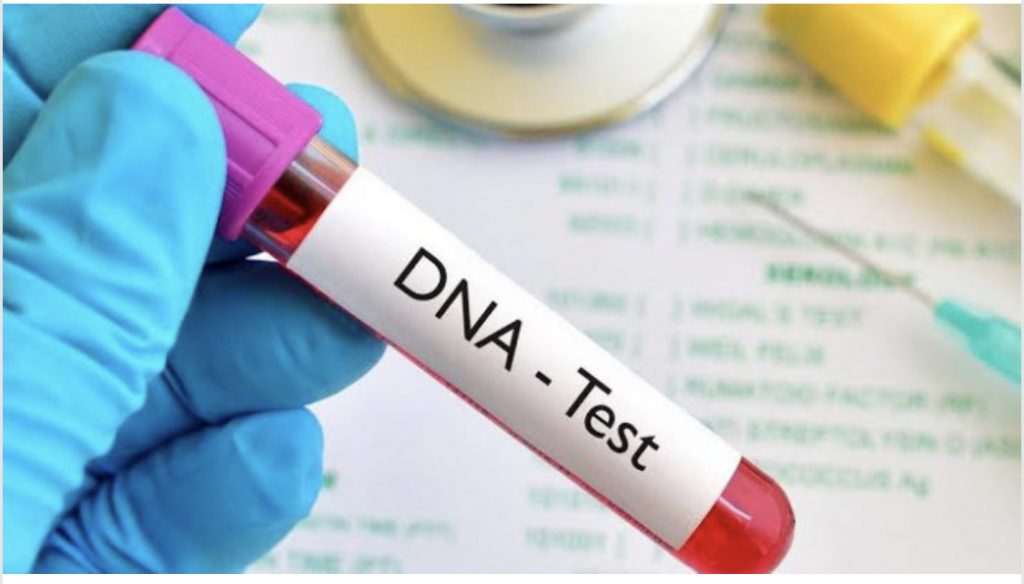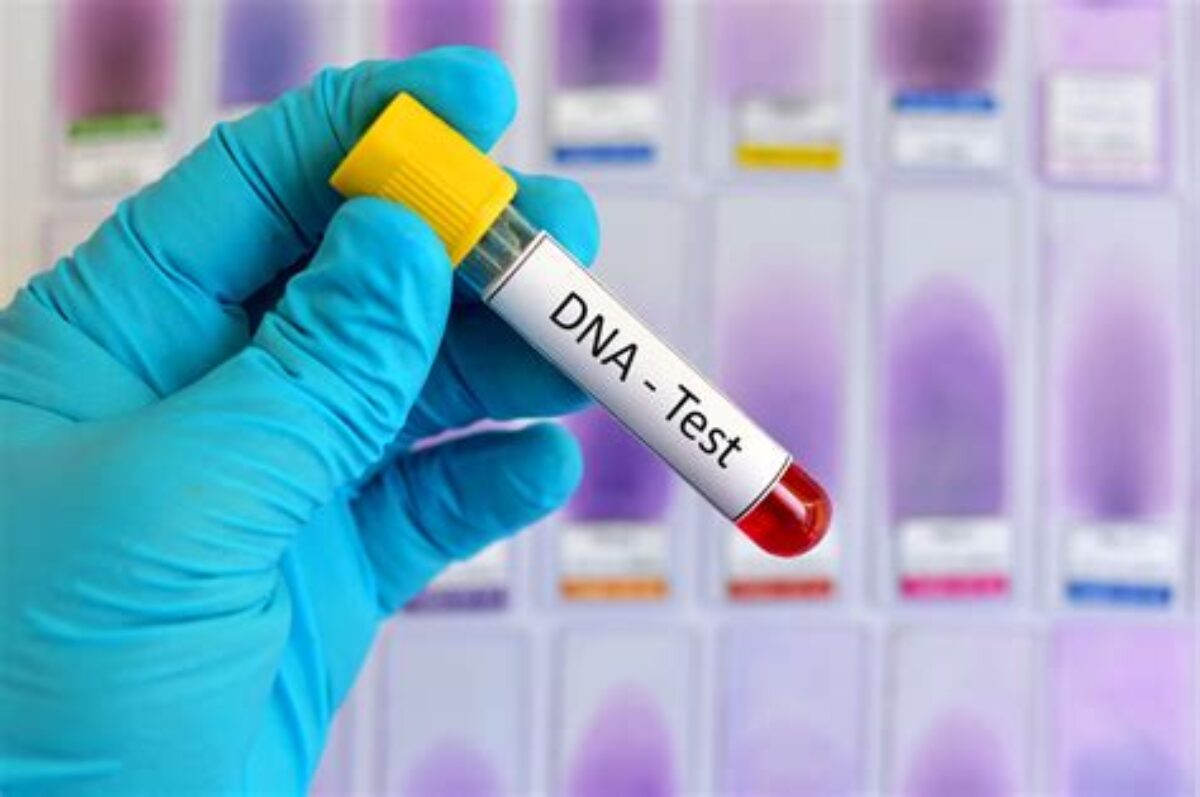Smart DNA, a premier DNA testing center in Lagos State, has unveiled its detailed 2024 report on DNA testing trends in Nigeria, covering the period from July 2023 to June 2024.
This comprehensive report reveals striking insights into societal shifts, economic factors, and evolving family dynamics within the country.
Released on Sunday in Lagos, the report highlights a persistent issue with paternity uncertainty.

It reveals that 27 percent of paternity tests conducted during the period yielded negative results, meaning over one in four men tested were not the biological fathers of the children involved.
The report also indicates a significant increase in DNA tests related to immigration, reflecting the high “Japa” trend—Nigerians seeking opportunities abroad.
This surge in immigration-related testing outpaced all other types of DNA tests, as many Nigerians, including those with dual citizenship, processed paperwork for their children’s emigration.
READ ALSO: NSCDC Laments, Raises Alarm Over Rising Cases of Child Kidnapping in Osun
Lagos stands out in the report for its dominance in testing services, mirroring the economic disparity within the city and across Nigeria.
A staggering 73.1 percent of DNA tests were conducted in Lagos, with a notable divide between the Mainland (67.5 percent) and Island (32.5 percent) areas.
This concentration underscores the economic divide and raises concerns about access to such services in other regions of the country.
The report also shows ethnic distribution in testing, with the Yoruba ethnic group comprising 53 percent of tests, the Igbo group 31.3 percent, and the Hausa group just 1.2 percent.
Elizabeth Digia, Operations Manager at Smart DNA, commented on the findings: “These results provide a unique perspective on the evolving dynamics of Nigerian families and society.
The high rate of negative paternity results and the surge in immigration-related tests are particularly significant.
They reflect broader societal trends that warrant further exploration and discussion.
The concentration of testing in Lagos also highlights important issues regarding access and awareness of DNA testing services throughout Nigeria. We are dedicated to expanding access to our services nationwide while upholding the highest standards of accuracy and confidentiality.”
The report reveals that most children tested were aged 0-5 years (54.0 percent), suggesting a preference for early paternity verification.
Men aged 41 and older (45.6 percent) and those aged 31-40 (37.0 percent) were the most likely to request tests, which may reflect economic means or heightened concerns about paternity among older men.
Additionally, there is a slight gender bias in testing, with more tests conducted on male children (52.8 percent) compared to female children (47.2 percent), hinting at a possible cultural preference for confirming the paternity of male offspring.
Overall, the report indicates that the majority of DNA tests (85.9 percent) were performed for “peace of mind,” rather than for legal reasons.
(NAN)
Follow the Parallel Facts channel on WhatsApp: https://whatsapp.com/channel/0029VaCQSAoHgZWiDjR3Kn2E









The “peace of mind” part is rather tricky. Why not stay indifferent to the idea of DNA testing in the first place for true peace of mind?